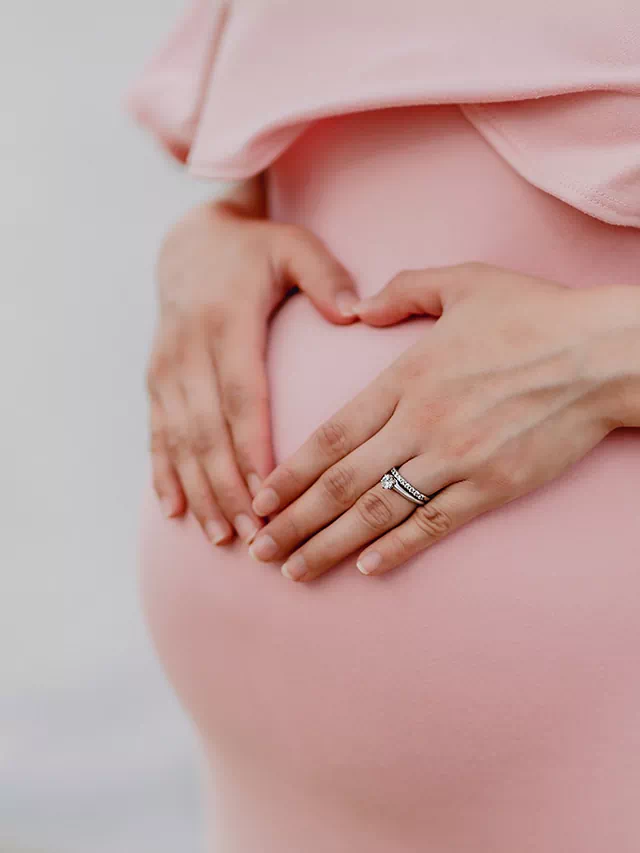During the first week of pregnancy, many women may not yet be aware that they are pregnant and may not experience any symptoms. However, for some women, certain signs and symptoms may indicate that they are pregnant.
1. Missed period
The most common and well-known symptom of pregnancy is a missed period. However, some women may experience slight spotting or light bleeding, known as implantation bleeding, around the time of their expected period. This can be caused by the fertilized egg implanting itself into the lining of the uterus.
2. Breast tenderness
As the body begins to produce more hormones in preparation for pregnancy, some women may experience breast tenderness or soreness. This can be similar to the feeling experienced before a menstrual period and may include an increase in size and sensitivity of the breasts.
3. Fatigue

Pregnancy can cause an increase in the body’s need for energy, leading to feelings of fatigue or exhaustion. This can be caused by hormonal changes in the body as well as the added stress of carrying a growing fetus.
4. Nausea
Nausea, or morning sickness, is a common symptom experienced by many women during the first trimester of pregnancy. This can be caused by the hormonal changes taking place in the body and can occur at any time of the day, not just in the morning.
5. Increased urination
As the pregnancy progresses, the uterus will start to press on the bladder, which can cause an increase in urination. This can make you feel like you need to use the bathroom more frequently. This may be one of the early signs of pregnancy, but it’s also a symptom of a urinary tract infection or other condition, so it’s not always a definitive sign of pregnancy.
6. Mood swings
Hormonal changes in the body can cause mood swings, feelings of irritability, or feelings of euphoria. These changes can be caused by an increase in hormones such as progesterone and estrogen, which can cause mood swings and emotional changes. This can make you feel overly sensitive, anxious, or sad.
7. Food cravings or aversions
Some women may develop a sudden dislike for certain foods or a strong desire for certain foods during the first week of pregnancy. These cravings or aversions can be caused by hormonal changes and can be a sign that the body is preparing for pregnancy.
8. Dizziness or fainting
Low blood sugar levels, caused by hormonal changes, can lead to feelings of dizziness or fainting. This can happen due to the body’s increased need for energy during pregnancy which can cause a drop in blood sugar levels. It’s important to eat a healthy diet and drink plenty of fluids to prevent low blood sugar levels.
9. Headaches

Hormonal changes can also cause headaches, similar to those experienced during the menstrual cycle. The increase in hormones such as estrogen and progesterone can cause blood vessels to dilate, which can lead to headaches.
Conclusion
It’s important to note that these symptoms can be caused by other factors and may not necessarily indicate pregnancy. If you suspect that you may be pregnant, it’s best to take a pregnancy test or visit a healthcare provider for confirmation. Keep in mind that everyone’s experience with pregnancy symptoms will be different and it’s important to listen to your body and pay attention to any changes.
